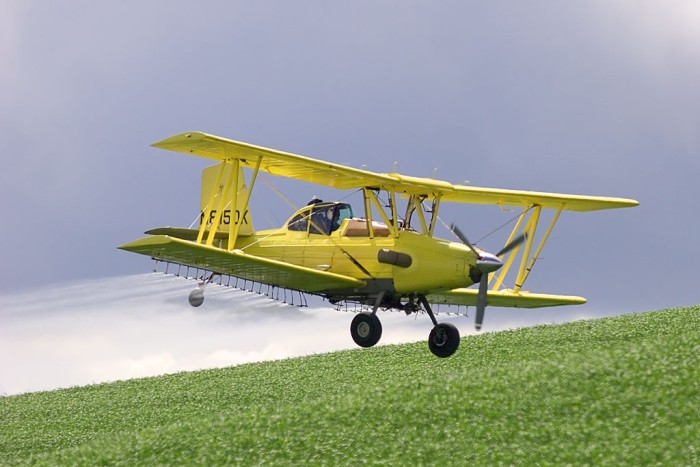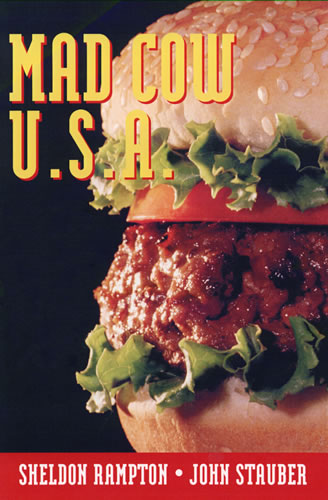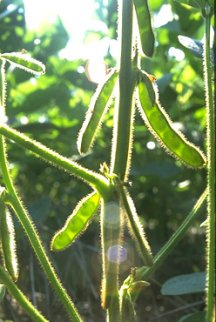Less Isn't Always More
Submitted by Judith Siers-Poisson on
 Comprehensive information about what chemicals are sprayed on food crops just got much harder to come by. The U.S. Department of Agriculture recently announced that they will no longer conduct and publish annual national surveys of "which states apply the most pesticides and where bug and weed killers are most heavily sprayed to help cotton, grapes and oranges grow." The report is used extensively by farmers, environmental advocates, chemical companies and even the U.S. Environmental Protection Agency. Don Lipton, a spokesman for the American Farm Bureau, said "farmers will be subjected to conjecture and allegations about their use of chemicals and fertilizer. Given the historic concern about chemical use by consumers, regulators, activist groups and farmers, it's probably not an area where lack of data is a good idea." One fear is that information will only be available after there's been a problem. Steve Scholl-Buckwald of the Pesticide Action Network explained, "What we'll end up doing is understanding pesticide use through getting accident reports. And that's a lousy way to protect public health."
Comprehensive information about what chemicals are sprayed on food crops just got much harder to come by. The U.S. Department of Agriculture recently announced that they will no longer conduct and publish annual national surveys of "which states apply the most pesticides and where bug and weed killers are most heavily sprayed to help cotton, grapes and oranges grow." The report is used extensively by farmers, environmental advocates, chemical companies and even the U.S. Environmental Protection Agency. Don Lipton, a spokesman for the American Farm Bureau, said "farmers will be subjected to conjecture and allegations about their use of chemicals and fertilizer. Given the historic concern about chemical use by consumers, regulators, activist groups and farmers, it's probably not an area where lack of data is a good idea." One fear is that information will only be available after there's been a problem. Steve Scholl-Buckwald of the Pesticide Action Network explained, "What we'll end up doing is understanding pesticide use through getting accident reports. And that's a lousy way to protect public health."

 The global increase in grain prices may make the meat supply less safe. The European Union is considering a relaxation of feed bans that prohibit animal by-products being used as feed for other animals in the human food chain.
The global increase in grain prices may make the meat supply less safe. The European Union is considering a relaxation of feed bans that prohibit animal by-products being used as feed for other animals in the human food chain. The U.S.
The U.S.  The
The  The government of President
The government of President